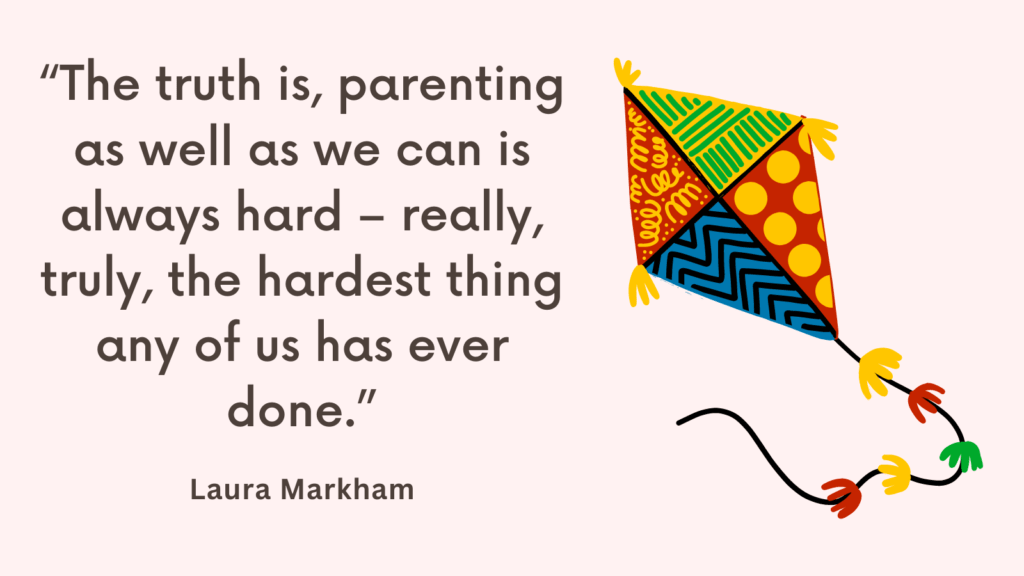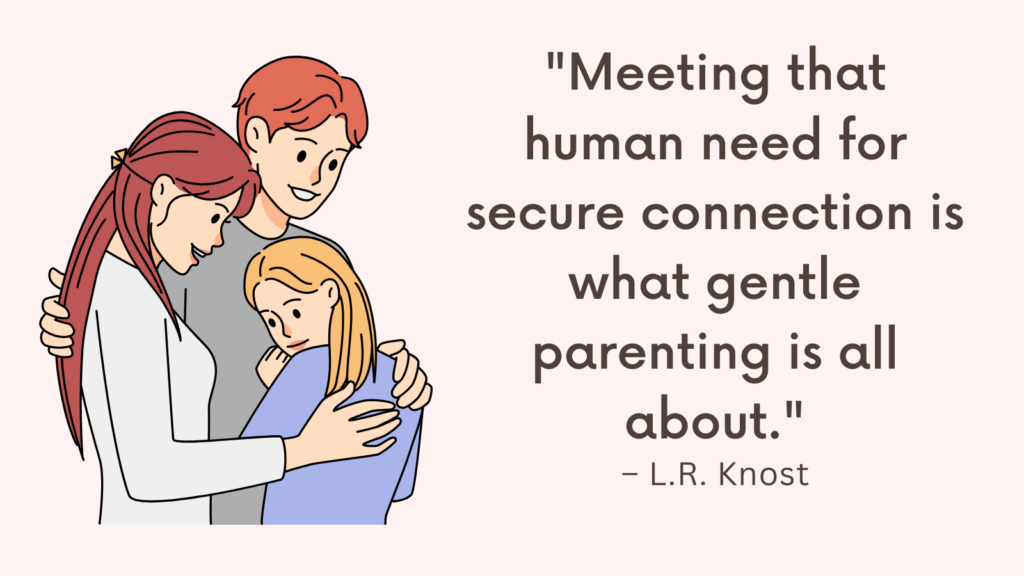This post contains “Does My Child Have OCD Quiz”.
OCD In Children
According to the DSM-5 (Diagnostic and Statistical Manual of Mental Disorders, 5th Edition), Obsessive-Compulsive Disorder (OCD) in children is characterized by the presence of obsessions and/or compulsions that are time-consuming, cause distress, and significantly interfere with the child’s daily functioning.
Does My Child Have OCD Quiz
Results
#1. Does your child have repetitive and intrusive thoughts or fears that are difficult to control?
#2. Does your child engage in repeated behaviors or rituals, such as excessive handwashing, checking, or counting?
#3. Does your child spend a significant amount of time performing these rituals or mental acts?
#4. Does your child experience intense distress, anxiety, or discomfort when they are unable to perform these rituals or acts?
#5. Does your child struggle to stop or resist engaging in these behaviors, even when they understand that they are excessive or irrational?
#6. Do these obsessions and compulsions significantly interfere with your child’s daily activities, such as schoolwork, socializing, or completing tasks?
#7. Have you noticed any changes in your child’s behavior or mood, such as increased irritability, sadness, or difficulty concentrating?
#8. Does your child express distress or discomfort about their thoughts or behaviors?
#9. Are there specific triggers or situations that seem to worsen your child’s obsessions or compulsions?
#10. Have you noticed any patterns of avoidance or reassurance-seeking behaviors in your child?
We will not sell your information. All results are kept confidential.
This quiz is for informational purposes only. It is not meant as a diagnostic or assessment tool.
Results
The questions above represent common signs of OCD in children. If you answered yes to most of these questions, then your child may have OCD.
It is important to remember that only a qualified mental health professional can diagnose OCD.
If you have concerns about your child’s behaviors, it is best to seek an evaluation from a pediatrician or mental health professional who specializes in working with children.
They can provide a comprehensive assessment and determine the most appropriate course of action for your child’s well-being.
Related: Does My Child Need Counseling Quiz
OCD In Children Criteria
Here are some key points about OCD in children based on the DSM-5 criteria:
1. Obsessions: Children with OCD experience recurrent and persistent thoughts, urges, or images that are intrusive and unwanted. These obsessions typically cause anxiety or distress.
2. Compulsions: Children with OCD engage in repetitive behaviors or mental acts as a response to their obsessions. These compulsions are aimed at preventing or reducing anxiety or distress, though they are not realistically connected to the feared event.
3. Time-consuming and interfering: The obsessions and/or compulsions are time-consuming and significantly interfere with the child’s normal routine, academic performance, social activities, or relationships.
4. Recognition as excessive or irrational: Children with OCD often recognize that their obsessions and compulsions are excessive or unreasonable. However, they feel driven to perform them in order to alleviate distress or prevent a feared event from occurring.
5. Age-related considerations: The types of obsessions and compulsions can vary depending on the child’s age and developmental stage. Younger children may have difficulty articulating their symptoms, leading to indirect expressions of distress or disruptive behaviors.
Early identification and appropriate treatment for OCD in children can help alleviate distress and improve their quality of life.
Related: Does My Child Need Occupational Therapy Quiz
Causes of OCD in Children
The exact cause of OCD in children is not fully understood, but it is believed to be a combination of genetic, biological, and environmental factors.
Here are some potential causes and contributing factors that researchers have identified:
1. Genetic Factors
There is evidence that OCD can run in families, indicating a genetic predisposition.
Children who have a first-degree relative (parent or sibling) with OCD may be at a higher risk of developing the disorder.
2. Brain Chemistry and Structure
Certain neurotransmitters, such as serotonin, are thought to play a role in OCD.
An imbalance in these chemicals could contribute to the development of the disorder.
Additionally, some studies suggest that abnormalities in certain brain structures may be linked to OCD.
3. Environmental Factors
Traumatic events, such as physical or emotional abuse, can potentially trigger the onset of OCD symptoms in susceptible individuals.
Significant life changes, stress, or disruptions in routine may also contribute to the development or worsening of symptoms.
4. Cognitive Factors
Some children with OCD may have specific patterns of thinking, such as having a heightened sense of responsibility or a tendency to overthink, which can contribute to obsessions and compulsions.
It is important to note that while these factors may increase the likelihood of developing OCD, they do not guarantee its development.
The interplay between genetics, biology, and environment is complex and varies from person to person.
Related: Why Would A Child Need Occupational Therapy?
How to Help a Child with OCD?
Helping a child with OCD involves a combination of understanding, support, and professional guidance. Here are some strategies you can consider:
1. Educate yourself
Learn about OCD so that you can better understand what your child is experiencing.
This will enable you to provide empathy, patience, and appropriate support.
2. Be supportive
Let your child know that you are there for them and that you understand their struggles.
Offer reassurance and encouragement during difficult times, but avoid enabling or participating in their rituals or compulsions.
Related: Is My Child Gifted Quiz
3. Establish a routine
Creating a structured and predictable daily routine can help reduce anxiety and provide a sense of security for your child.
This can include regular meal times, bedtime routines, and consistent schedules for activities.
4. Encourage open communication
Create a safe and non-judgmental space for your child to express their thoughts and feelings.
Listen attentively, validate their experiences, and offer reassurance when needed.
5. Help challenge irrational thoughts
Teach your child to recognize and challenge their obsessive thoughts.
Encourage them to question the evidence for these thoughts and to consider alternative interpretations.
Related: Is My Child Highly Sensitive Quiz
6. Gradual exposure and response prevention
Work with a mental health professional experienced in treating OCD to develop a plan for exposure and response prevention (ERP) therapy.
This approach involves gradually exposing your child to their fears or triggers and helping them resist engaging in their usual rituals or compulsions. It should be done under the guidance of a professional.
7. Seek professional help
Consult with a qualified mental health professional who specializes in OCD treatment, such as a therapist or psychiatrist.
They can provide a proper diagnosis, develop a personalized treatment plan, and offer ongoing support.
Remember that each child’s experience with OCD is unique, so it’s essential to tailor the support and interventions to their specific needs.
With patience, understanding, and appropriate treatment, it is possible for children with OCD to manage their symptoms and live fulfilling lives.
Related: Best 10 Gentle Parenting Books
Can Children Be Diagnosed With OCD?
Yes, children can be diagnosed with OCD. OCD can manifest in childhood, and it is estimated that around 1-2% of children and adolescents experience symptoms consistent with OCD.
The diagnosis is typically made by a qualified mental health professional, such as a child psychologist or psychiatrist, who will evaluate the child’s symptoms, behaviors, and patterns over time to determine if they meet the diagnostic criteria for OCD.
It’s important to note that the diagnosis process may involve gathering information from parents, teachers, and other caregivers, as well as observing the child’s behavior in different settings.








